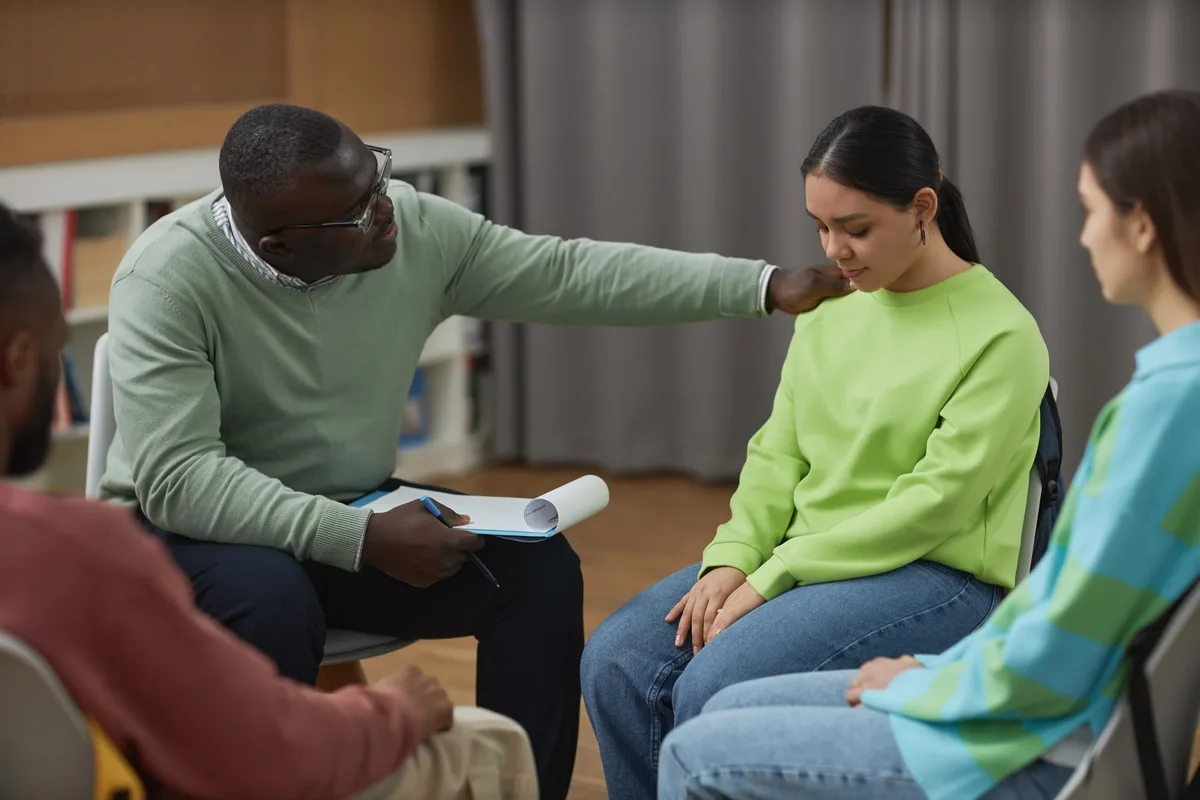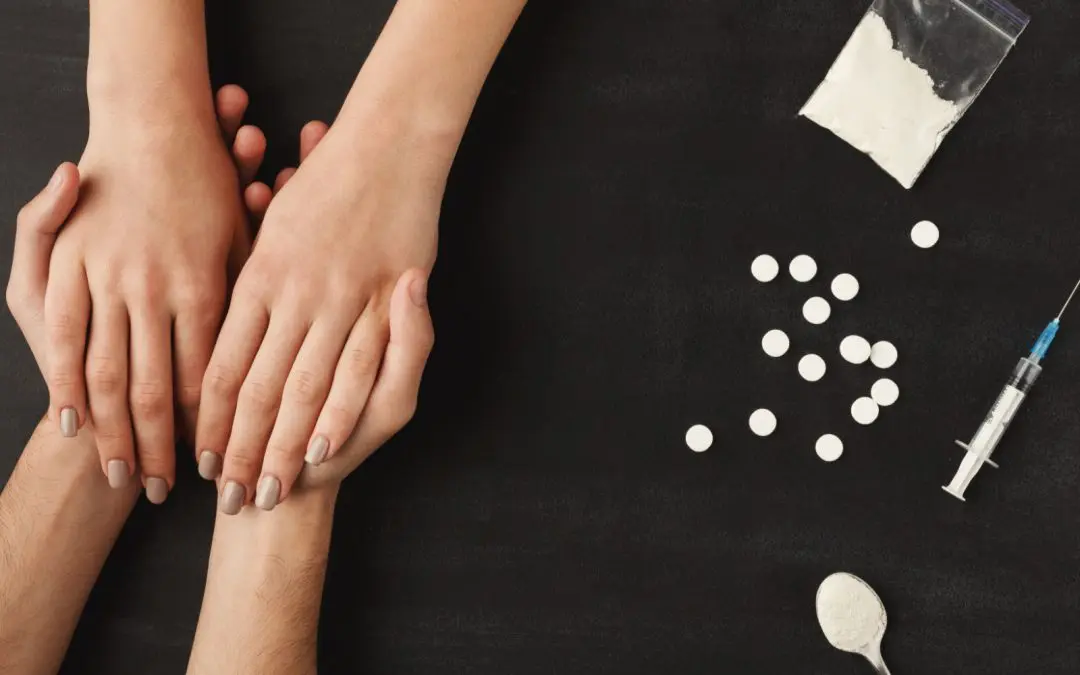24/7 Helpline:
(866) 899-221924/7 Helpline:
(866) 899-2219
Learn more about Prescription drug Rehab centers in Pitt County

Other Insurance Options

Access to Recovery (ATR) Voucher

PHCS Network

United Health Care

MVP Healthcare

Health Choice

UMR

Providence

Multiplan

Holman Group

UnitedHealth Group

AllWell

Kaiser Permanente

Carleon

Self-pay options

Meritain

BlueCross

Medical Mutual of Ohio

Ceridian

Highmark
Beacon

WeCare Residential Facility
WeCare Residential Facility is a residential treatment facility for children with mental health issu...



































































































































































































































































